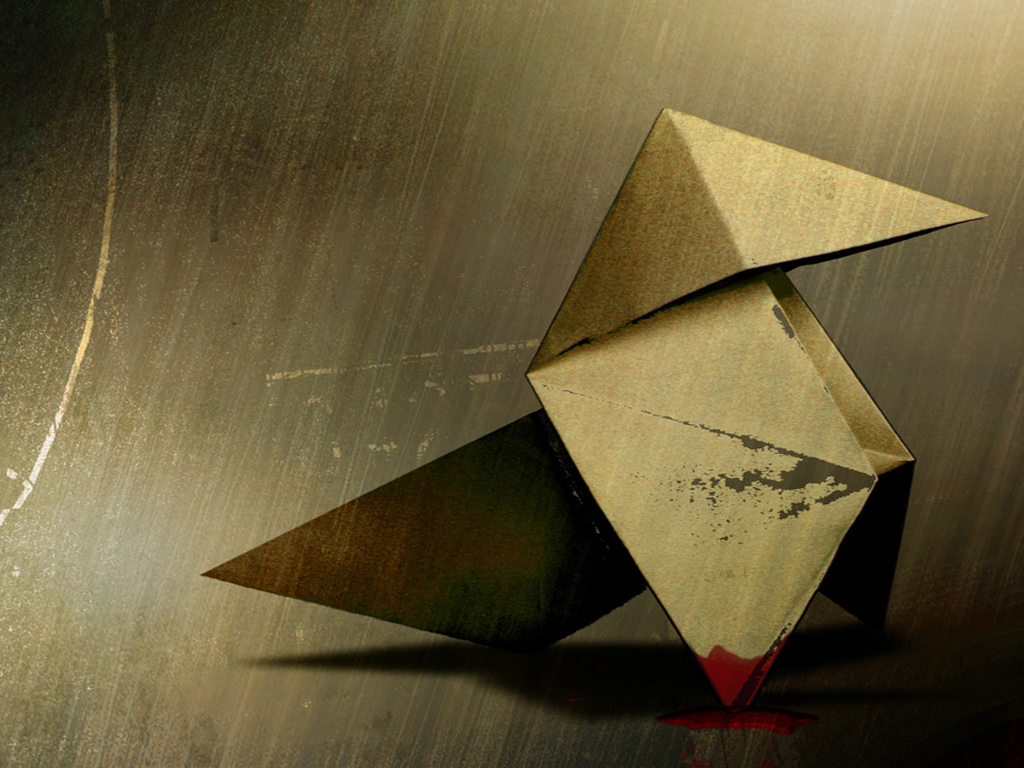So I just finished Bioshock Infinite and I feel I need to write something about it. There is a lot that is really good about the game, but the way it all comes together seems like a wasted opportunity. This does not mean it is a bad game, far from it.
GDC 2013 Talk
I just finished cleaning up the script for the GDC2013 talk.
Puzzles and Causal Histories
In the last post I brought up a few reasons why puzzles should not be dismissed. In this I will bring up another one: making the player feel as an active force. I refer to this concept as having a causal history. My hope is that it provides a new way to view and evaluate puzzles.
Puzzles, what are they good for?
I recently came a across this article from AdventureGamers about puzzles, and it got me thinking. The article covers the different ways in which puzzles have been swapped for other activities over the years, something that I am very interested in. There is so much great about adventure games that just seem to be held back by their puzzles. It always seem that they break the flow of the experience. I find that many adventure games are more engaging to play when you have a walkthrough close at hand. Of course, consulting a guide has it own share of problems, and is far from an optimal way to play. Some other solution must exist.
Goals and Storytelling
Let’s talk about goals in storytelling games. Not really the far-reaching “save the princess” or “kill the evil dude” kind of goals, but the local and moment-to-moment goals that face a player throughout the experience. I have sort of touched upon this in the scene-approach to high level story telling story design post, but want to discuss it a bit further. I think this is another major reason why there still a need for either violence or puzzles to drive the story forward. The reason being that the player does not know what they should be doing otherwise.
The Self, Presence and Storytelling
At GDC last week I gave a talk called “The Self, Presence and StoryTelling”. There will be a version of it up on the GDC Vault in 2 – 3 weeks I think and hopefully it will be free like last years’ talk. Before that comes up I will put up a pdf version of the talk containing a bit more information.
10 Ways to Evolve Horror Games
Around 10 years ago, a lot of very interesting and ground breaking horror games were released. These include Silent Hill (1999), Fatal Frame (2001), Forbidden Siren (2003) and a few more. Since then not much has happened in the video-game horror genre and little has evolved. So what exactly can be done to push horror in video-games further? To answer that I will here present a list of my top 10 things I think could take horror game to the next level.
Unconventional Design Tips
The general advice for upstarting developers seem to be to focus on mechanics, building fast a prototype, getting the core game fun and and so. For instance CliffyB did so at GDC 2012. This is not bad per se, but it is really not the only way to make games and usually, and this is the issue, result in the same kind of experiences. So to create a counterweight to this, I decided to make my own list of design advice.
The Problem of Repetition
After having played some adventure and RPG games lately something struck me: repetition in games have almost the same problems as trial-and-error do. This is not really a shocking conclusion, since repeating things in a game is basically what you do when stuck in a sequence of trial and error. But since the repetition is not a direct consequence of being unable to progress, and that not all repetition is bad per se, I figured it was worth looking into a bit.
Thoughts on Heavy Rain
It is very easy to talk bad about Heavy Rain. One can say it is just an interactive movie where you press buttons at certain key moments, in rare cases changing the outcome of the story. One can talk about the hole and cliche filled story and the weakly developed characters*. One can talk about this and other negative aspects of the game and I would fully agree. But if one only focuses on these areas, there is plenty of really interesting aspects that are missed.


